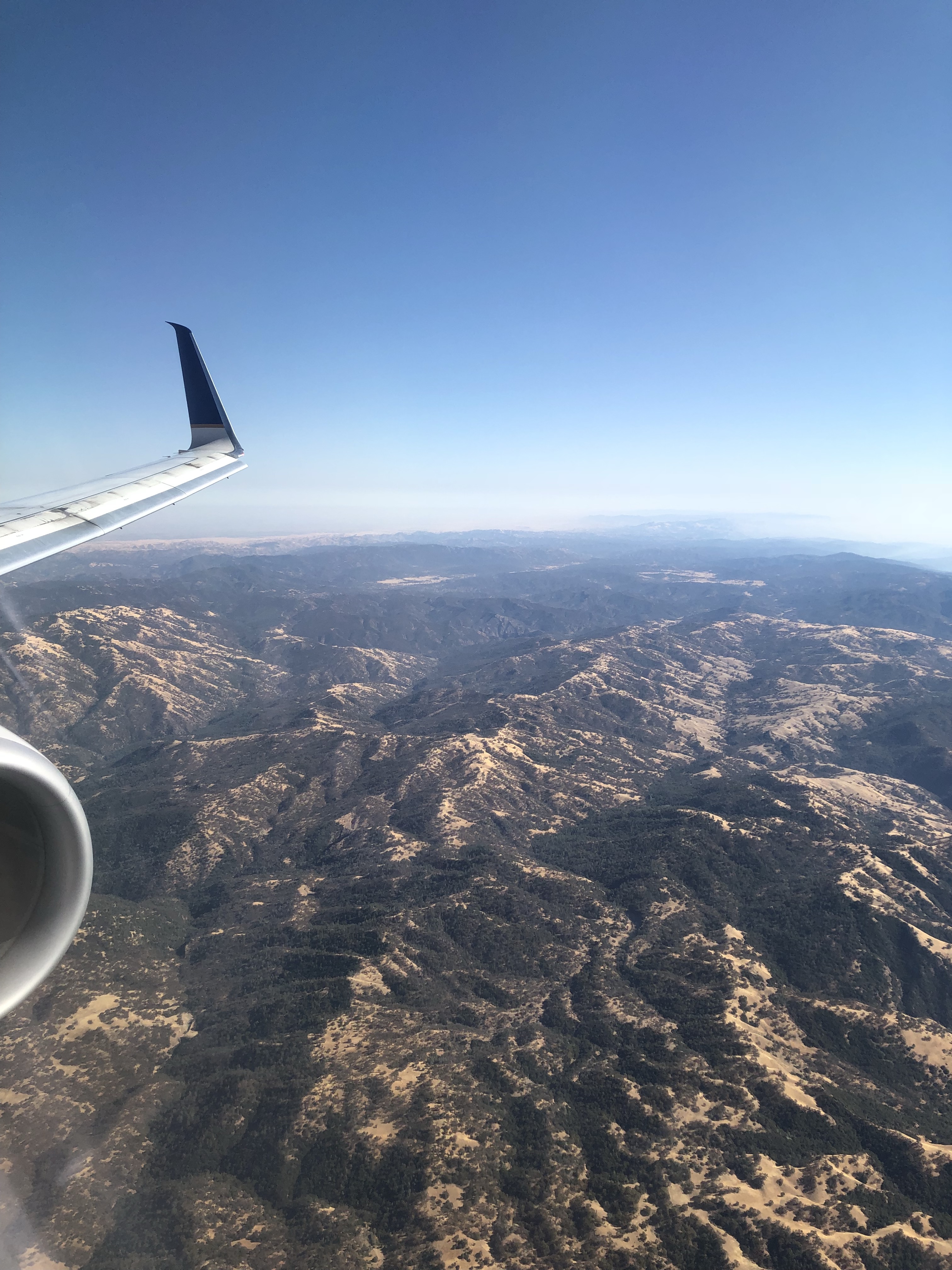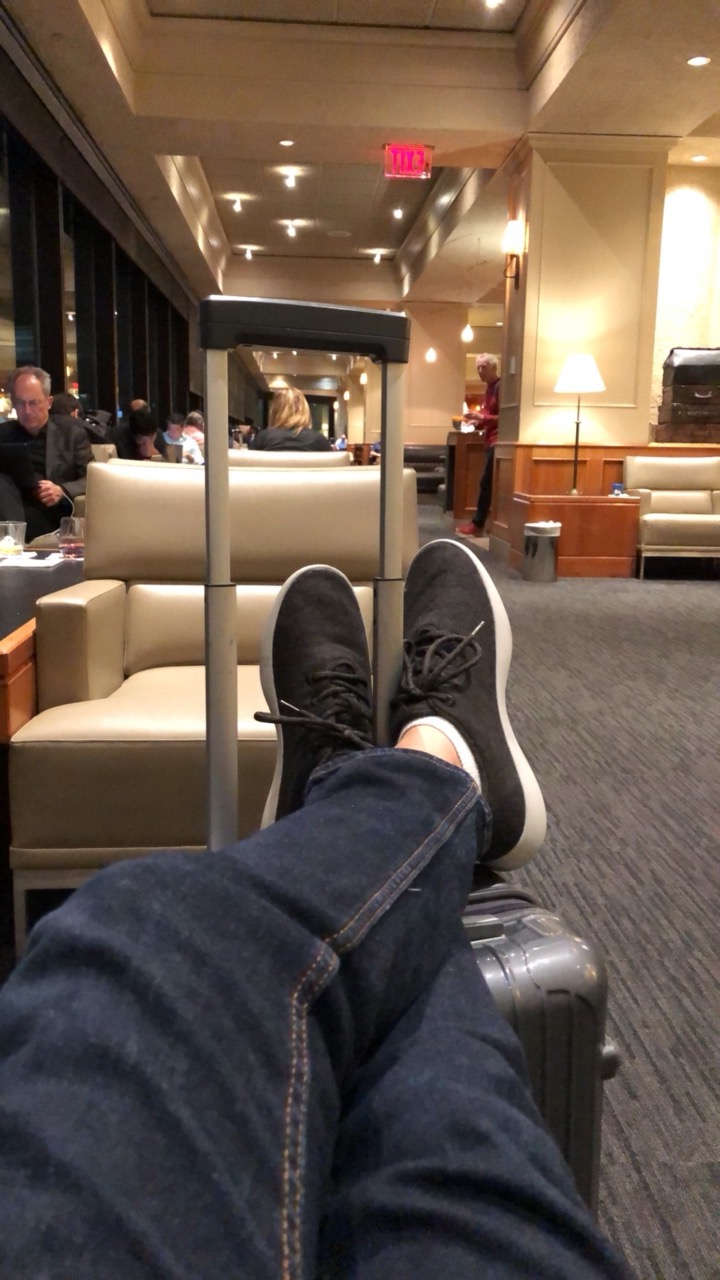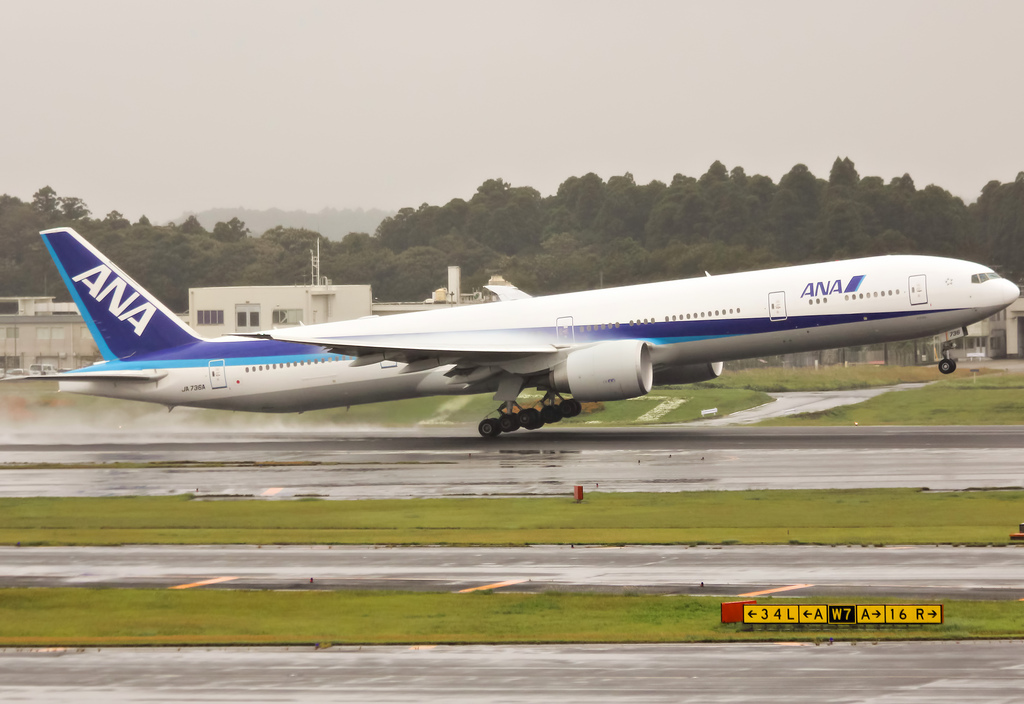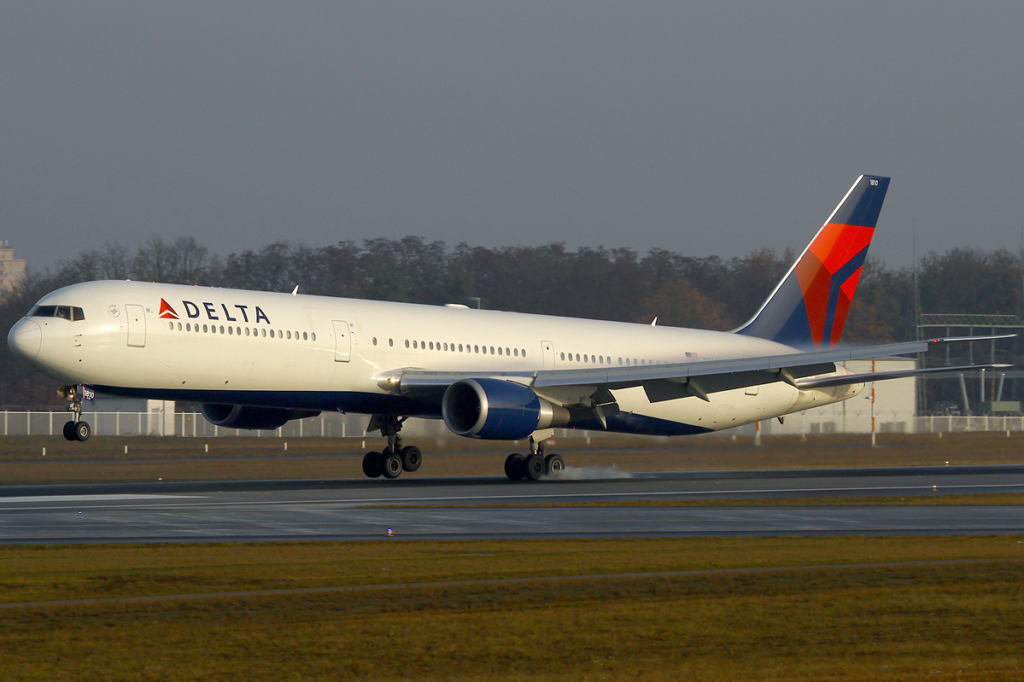I am sure you have seen the videos of the United passenger being forcibly removed from a flight by police after refusing to be “bumped” (called an IDB) to a flight the next day. The video and the situation in general, is disturbing and frustrating. First off, United has handled the entire situation poorly. United told everyone the situation and then after this particular passenger refused to leave the plane, police were called to remove him. He was yanked out of his seat dragged down the aisle, bloodied. As Seth points out, United had more options available to them to deescalate the situation from the beginning.
Even at $800 in comp (plus presumably the overnight hotel, meals, etc.) United failed to find the four it needed. The first two IDB candidates left quietly enough. The doctor did not and authorities were called. The resulting removal was not pretty, to say the least. Could United have gone higher in compensation offer? Absolutely? If it has strict policies that prevent such then those should be revisited. Especially when it is a case of must-ride employees and not a more common oversell tied to maximizing yields.
The passenger also has some culpability in the matter. The contract of carriage you “sign” by buying a ticket states that you can be involuntarily bumped from a flight if needed. Compensation must be provided, accommodations are to be arranged, and a new flight is to be booked. The problem is, most people do not read the contracts of carriage. Just about every airline has one and though it is a dense document, a lot of crucial information about your rights as a passenger are contained within. This article by Julia Horowitz and Jon Ostrower puts the state of the contract of carriage in perspective.
Airlines set their own policies when it comes to the order in which passengers are bumped. The terms are sketched out in “contracts of carriage” that passengers agree to when they buy their tickets.
On United flights, people with disabilities and unaccompanied minors should be the last to be kicked off, according to the company’s carriage contract.
American Airlines says it denies boarding based on order of check-in, but will also consider “severe hardships,” ticket cost and status within the carrier’s loyalty program.
Delta Air Lines also takes check-in order and loyalty status into account, as well as which cabin a passenger is slated to sit in. The carrier also says it makes exceptions for people with disabilities, unaccompanied minors and members of the military.
The lack of knowledge about the contract of carriage is no excuse for United’s actions though. And there were still other options they could have exhausted in addition to cash. Why not offer the passenger a rental car for a one-way drive to Louisville? Or what about guaranteeing a seat on the next flight (there was another flight leaving later that night)? Instead the cops were called. This seems to be the common way to handle issues onboard planes still at the gate these days. The gate agents and flight attendants are not referees and their typical operating method is to explain once, maybe twice, and then involve an authority figure.
Lastly are the police officers. Their handling of the situation was downright uncalled for. And deflecting the cause of the man’s injuries as “tripping” just makes me even more upset.
All of this to say, I still don’t think we have all of the facts yet. We know the handling of the entire thing by United was crappy but the three unanswered questions that are important are:
- What prompted the calling of police? Was it just the man’s refusal to leave the plane? If so, there needs to be some serious work done on policies for involving authorities.
- How did the man get back on the plane? It seems crazy to me that he was dragged off the plane by police and then somehow made his way back on. What transpired during all of this?
- Why did United agents not try harder to entice passengers to voluntarily leave? And on top of that, why exactly did they need a crew of four in Louisville so last minute? It seems like a crew scheduling issue really was the root cause of this entire thing. Maybe their regional carrier has a little explaining to do on why the scheduling was so messed up.
I actually tried to avoid writing about this topic but the general noise on social media and around the web just really made me question our intentions. It seems like we’re all itching for a modern day crucifixion of anyone that seems to have done any kind of wrong and social media gives us an outlet to express that. But without all of the facts are we really doing the most good? Or are we fueling a fire that perpetuates bad behavior in the long run? If we don’t want air travel to be like a bus in the sky then we need to treat it better than a bus and expect more of it.
Seeing tweets about banning the overbooking of flights or that having a ticket gives you “rights” is frustrating to me in a way that is hard to explain. I am sure there are good intentions behind most of it but without all of the facts the tweets seem like noise for the sake of noise. And it just seems to pile up.
As a frequent United flier I am disappointed in their handling of the situation and how they have responded to it so far. I will my voice my displeasure with them directly. I am also frustrated that law enforcement handled a non-violent situation with violence and in their write-up of the events placed the blame for the passenger’s injuries on the passenger.
Let’s hope that this serves as an example of how not to handle these situations in the future for everyone involved. If you are looking for more reading on the subject, I think Seth’s take is one of the more levelheaded and thought provoking write-ups out there. Phil Derner Jr’s piece on NYCAviation is also great.




